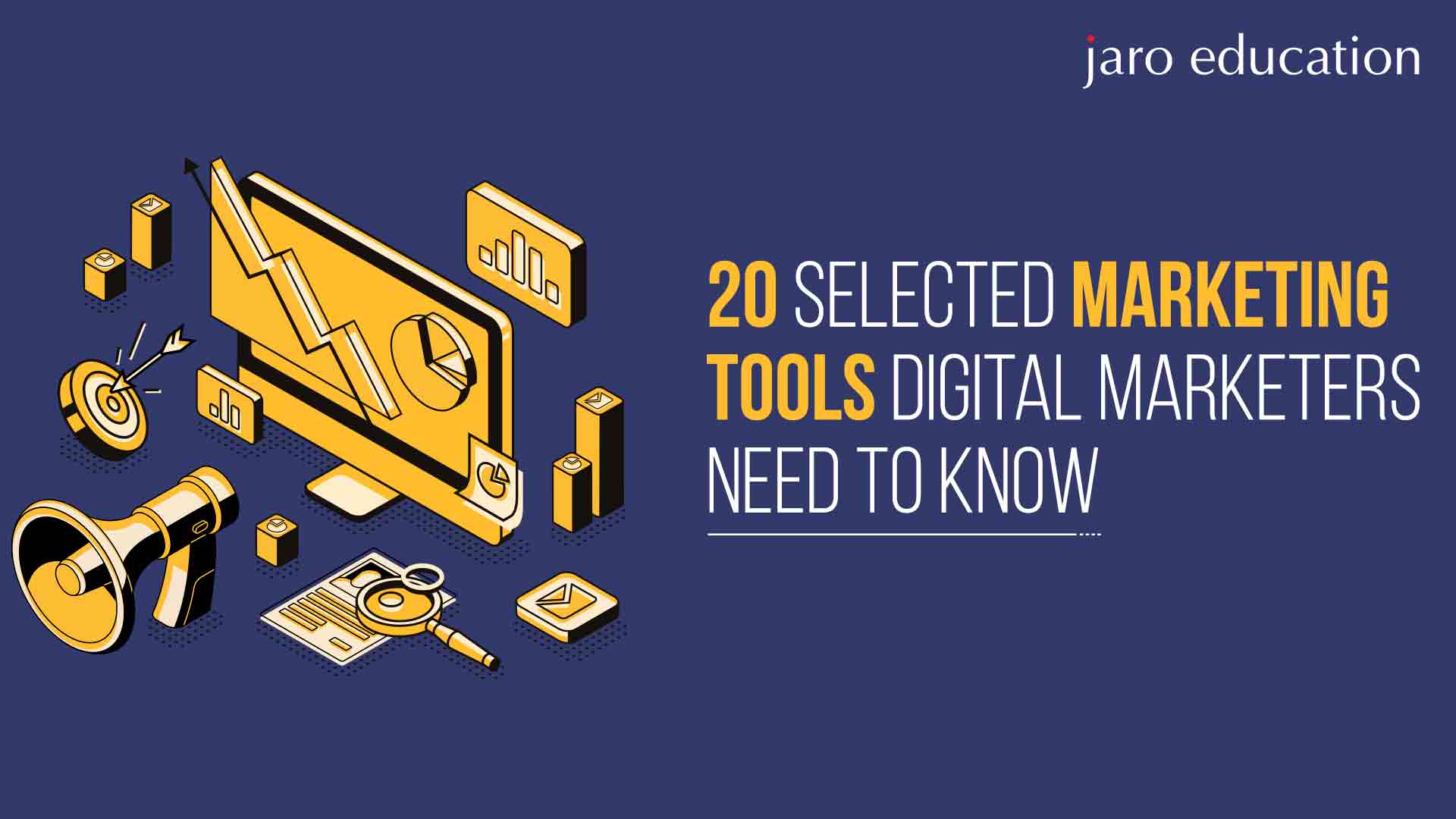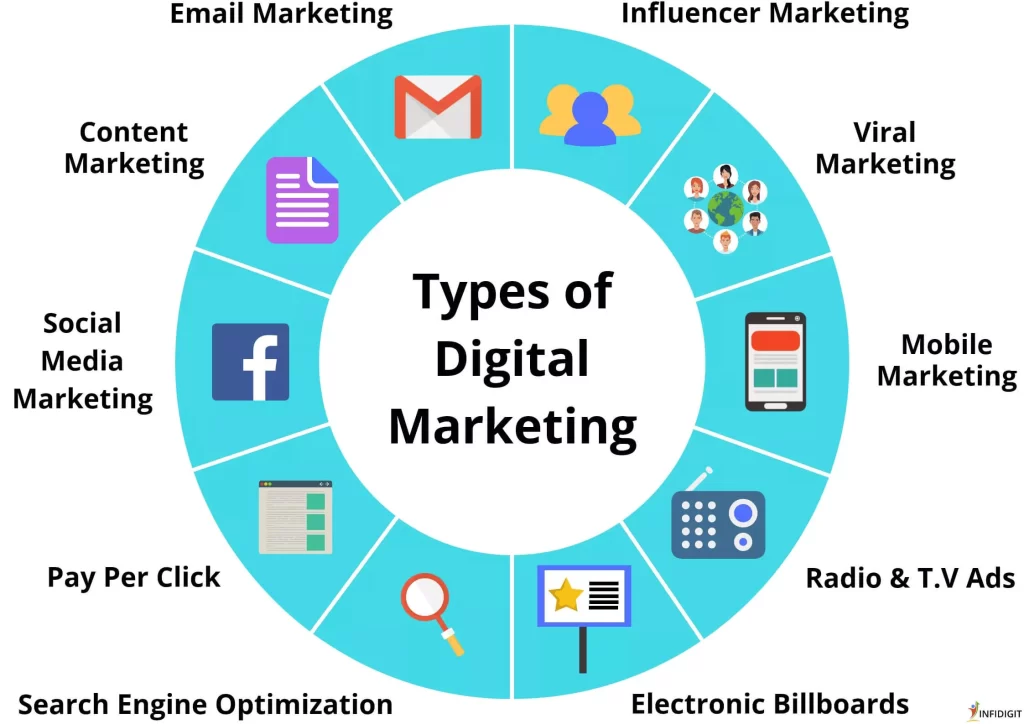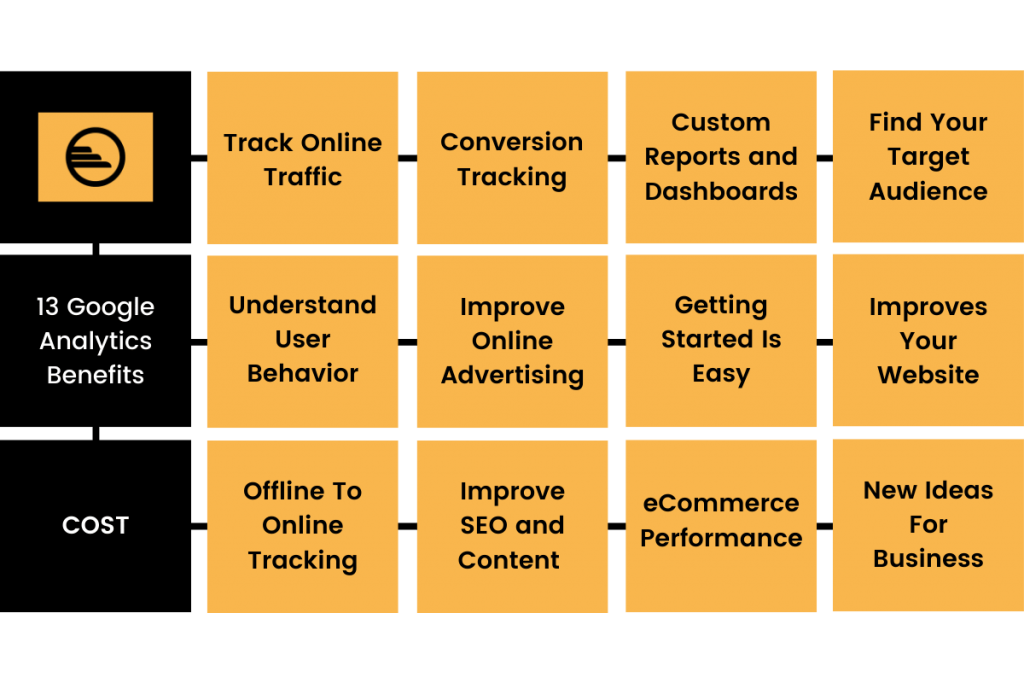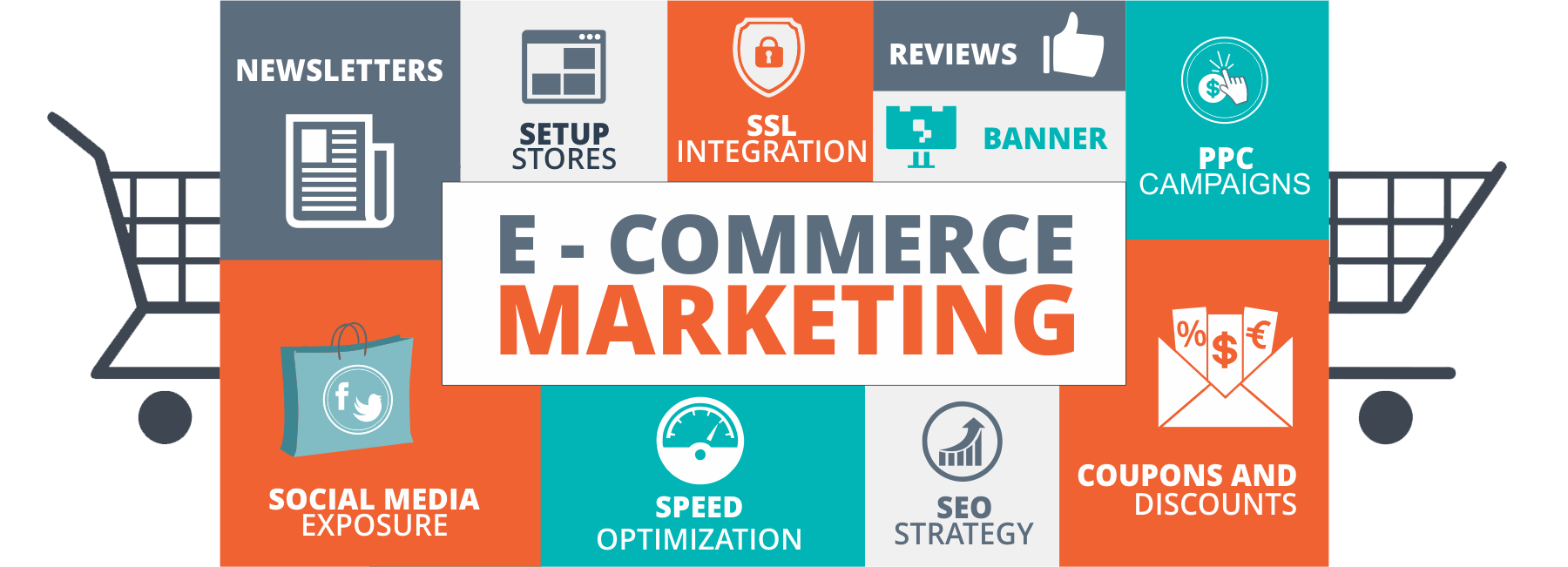20 Selected Marketing Tools Digital Marketers Need To Know
Table of Contents

- jaro education
- 13, November 2024
- 4:00 pm
Imagine you’re a chef in a busy restaurant. You’ve got all the ingredients, the passion, and the talent to create the perfect dish, but without the right tools—like a sharp knife or the ideal oven—you might struggle to bring your vision to life. The same goes for digital marketers in today’s fast-paced landscape. No matter how creative your campaigns are, without the right digital marketing tools, you’ll find it difficult to measure results, engage your audience, and drive conversions.
The digital marketing world is evolving faster than ever, and the digital marketing tools you choose can make or break your campaigns. From creating engaging content to analyzing data and connecting with your audience, having the best marketing tools at your fingertips can streamline your efforts and supercharge your success. Whether you’re a small business owner, a marketing manager, or a content creator, understanding the right marketing tools is essential to stay ahead of the curve.
In this guide, we’ll introduce you to 20 marketing marketing tools every modern marketer should be familiar with. These marketing tools span a range of categories, including social media management, SEO, content creation, customer relationship management, and analytics. Plus, if you’re eager to enhance your expertise, Jaro Education’s offering, the Post Graduate Certificate in Digital Marketing & Growth from IIM Visakhapatnam offers a comprehensive curriculum that will help you master these marketing tools and more.
Let’s dive in and explore the marketing tools that will help you cut through the noise, improve efficiency, and drive marketing success.

*DesireMarketing
1. Hootsuite – Social Media Scheduling and Management
In the age of social media, Hootsuite stands out as one of the best marketing tools for scheduling posts, monitoring social media conversations, and measuring the effectiveness of your campaigns. Whether you’re managing multiple accounts or looking to engage with a global audience, Hootsuite has you covered.
| Features | Best For |
|---|---|
| Social listening | Social media managers |
| Multi-platform posting | Brands with high social engagement |
| Analytics and reporting |
By using Hootsuite, you can schedule content across various platforms, from Twitter to Instagram, ensuring your posts go live at the optimal times. The analytics feature also helps you track engagement and refine your social media strategy over time.
2. Buffer – Simple Social Media Scheduling
Buffer is a no-frills, user-friendly tool for scheduling social media posts. It’s perfect for small teams and businesses that want to maintain an active social presence without spending hours on management.
| Features | Best For |
|---|---|
| Queue scheduling | Small to mid-sized teams |
| Analytics integration | Personal brands |
Buffer’s simplicity is what makes it a go-to tool for social media managers. You can schedule posts, track performance, and collaborate with team members in one place. If you’re new to social media marketing tools or need something straightforward, Buffer is the tool for you.
3. Ahrefs – SEO and Backlink Analysis
For any marketer aiming to boost organic search rankings, Ahrefs is one of the best marketing tools. With its robust capabilities for backlink analysis, keyword research, and competitive analysis, Ahrefs provides deep insights into SEO performance, allowing marketers to stay ahead of the competition.
| Features | Best For |
|---|---|
| Backlink analysis | SEO professionals |
| Competitor tracking | Organic growth |
| Content and keyword explorer |
Whether you’re looking to improve your content strategy or discover new keyword opportunities, Ahrefs gives you the marketing tools to optimize your website for search engines and attract more traffic.
4. SEMrush – All-in-One Marketing Toolkit
SEMrush is an all-in-one marketing toolkit that offers a suite of features for SEO, PPC, content marketing, and competitive analysis. Its versatility as one of the best search engine optimization (SEO) tools makes it an essential tool for both large and small businesses looking to optimize their digital marketing efforts.
| Features | Best For |
|---|---|
| Keyword and SEO audits | SEO and PPC managers |
| Content research | Marketing strategy |
| Competitor insights |
From keyword research to ad campaign management, SEMrush provides everything you need to enhance your SEO and PPC strategies and stay competitive in the digital space.
5. Mailchimp – Email Marketing Automation
Email marketing remains one of the most effective forms of communication with your audience. Mailchimp is one of the most popular email marketing tools for automating email campaigns, offering everything from basic email templates to advanced segmentation and analytics.
| Features | Best For |
|---|---|
| A/B testing and segmentation | Campaign managers |
| Templates and analytics | Small and medium businesses |
Mailchimp simplifies email marketing by providing easy-to-use templates, performance tracking, and customer segmentation. It’s perfect for creating personalized campaigns that resonate with your audience.
6. Canva – Visual Content Creation
In a world where visual content is king, Canva is the ultimate graphic design tool for marketers. Its drag-and-drop editor makes it easy for even the most non-technical users to create beautiful graphics for social media, blogs, and email newsletters.
| Features | Best For |
|---|---|
| Templates and design elements | Social media content |
| Easy customization | Small businesses, bloggers |
Canva’s free version offers a variety of templates for every occasion, while the premium version gives you access to more advanced design features. It’s a game-changer for marketers without a graphic design background.
7. Google Analytics – Website and Traffic Analysis
Google Analytics is the gold standard for website analytics. Marketers use it to track visitor behavior, measure engagement, and make data-driven decisions.
| Features | Best For |
|---|---|
| Audience insights | Website owners |
| Real-time reporting | Data-driven marketing |
| Conversion tracking |
With Google Analytics, you can monitor the performance of your website, identify bottlenecks in your conversion funnel, and adjust your marketing strategy based on the data you collect.

*EngaioDigitals
8. Mixpanel – Product and User Behavior Analytics
For product marketers, Mixpanel is a powerful analytics platform that tracks user engagement and retention over time. It’s ideal for SaaS and app-based businesses that want to understand how users interact with their product.
| Features | Best For |
|---|---|
| User behavior tracking | SaaS companies |
| Retention and funnel analysis | App marketing |
Mixpanel helps you pinpoint drop-off points in your user journey and optimize the experience to increase user retention and lifetime value.
9. Google Ads – Pay-Per-Click Advertising
For businesses looking to drive immediate traffic to their website, Google Ads is a must. This PPC platform lets you create targeted ads that appear in Google search results and across the Google Display Network.
| Features | Best For |
|---|---|
| Keyword planning | Paid search campaigns |
| PPC managers | Ad bidding and reporting |
With Google Ads, you can create highly targeted campaigns based on keywords, demographics, and location, allowing you to reach potential customers at the exact moment they’re searching for what you offer.
10. HubSpot – Comprehensive CRM and Marketing Automation
HubSpot is a marketing automation tool that provides an integrated platform for inbound marketing, CRM, and sales. Whether you’re nurturing leads, managing contacts, or automating campaigns, HubSpot is a versatile solution.
| Features | Best For |
|---|---|
| Enterprise marketing | Lead scoring and automation |
| Content management | CRM for businesses |
HubSpot’s powerful automation features enable you to create personalized campaigns, track leads, and engage prospects with content that moves them through your sales funnel.
11. Trello – Project and Task Management
Trello is a simple yet powerful tool for managing marketing projects. Its visual board and card system make it easy to organize tasks, track progress, and collaborate with team members on various projects.
| Features | Best For |
|---|---|
| Visual task management | Small teams |
| Collaboration features | Content management |
Whether you’re creating a content calendar or managing a product launch, Trello is an excellent tool for keeping track of tasks and ensuring everything runs smoothly.
12. Zapier – Workflow Automation
Zapier is the glue that connects all of your apps and automates tasks between them. By creating “Zaps” (automated workflows), you can save time and avoid repetitive manual tasks.
| Features | Best For |
|---|---|
| Multi-step automation | Cross-platform work |
| Integration with apps | Time-saving tasks |
Zapier helps you integrate everything from your CRM to your email platform, allowing you to automate data entry, lead nurturing, and even social media posting.
13. BuzzSumo – Content Research and Analysis
Content marketing is essential for driving engagement, and BuzzSumo makes it easy to discover trending topics and analyze the performance of your content.
| Features | Best For |
|---|---|
| Topic analysis | Content marketers |
| Influencer identification | Social engagement |
BuzzSumo provides insights into the type of content that performs well, helping you optimize your content strategy and produce material that resonates with your audience.
14. Crazy Egg – Website Optimization
Crazy Egg is a heatmap tool which is one of the best conversion optimization tools that provides valuable insights into how visitors interact with your website. By understanding where users click, scroll, and hover, you can optimize your website layout for better engagement and conversions.
| Features | Best For |
|---|---|
| Heatmaps and scrollmaps | Conversion optimization |
| A/B testing | UX/UI teams |
If you’re serious about improving your website’s user experience, Crazy Egg’s heatmap feature is invaluable for making data-driven design decisions.
15. Sprout Social – Social Media Management and Analytics
Sprout Social is another top-tier social media management tool that offers scheduling, monitoring, and analytics, along with robust reporting features.
| Features | Best For |
|---|---|
| Social media reporting | Social media strategists |
| Team collaboration tools | Large marketing teams |
Sprout Social helps marketers track conversations, analyze performance, and manage customer relationships, all within one platform.
16. Shopify – E-Commerce Platform
For e-commerce businesses, Shopify is the go-to platform for building and managing an online store. It offers marketing tools, inventory management, and payments all in one place.
| Features | Best For |
|---|---|
| Online store management | E-commerce businesses |
| Payment processing | Small businesses |
Whether you’re just starting out or scaling your online store, Shopify provides a user-friendly solution to run and market your business effectively.

*WebHoppers
17. Adobe Creative Cloud – Professional Design Suite
Adobe Creative Cloud is a suite of software marketing tools that includes Photoshop, Illustrator, InDesign, and other design marketing tools necessary for creating high-quality visual content.
| Features | Best For |
|---|---|
| Professional design tools | Designers and marketers |
| High-quality content creation | Multimedia marketing |
For advanced design needs, Adobe Creative Cloud offers all the marketing tools necessary to create eye-catching visuals that support your marketing efforts.
18. CoSchedule – Marketing Calendar and Automation
CoSchedule is a marketing calendar and automation tool that helps you organize, schedule, and promote your content across channels.
| Features | Best For |
|---|---|
| Content planning | Content marketers |
| Social media scheduling | Teams managing multiple channels |
CoSchedule’s editorial calendar simplifies the process of planning, scheduling, and executing content marketing strategies, making it easy to stay on top of deadlines.
19. Google Optimize – A/B Testing and Personalization
To optimize website performance, Google Optimize offers a free platform for A/B testing and personalization.
| Features | Best For |
|---|---|
| A/B testing and experimentation | Conversion rate optimization |
| Personalization for users | UX/UI experts |
With Google Optimize, you can run experiments to test different variations of your website and serve personalized content based on user behavior.
20. Hotjar – Visitor Tracking and Heatmaps
Hotjar is an intuitive tool that tracks how users interact with your website, providing valuable insights through heatmaps, visitor recordings, and feedback polls.
| Features | Best For |
|---|---|
| Heatmaps and session recordings | Website optimization |
| User feedback tools | UX/UI designers |
Hotjar’s session recordings help you understand how visitors navigate your site, so you can make design tweaks that improve user experience and boost conversions.
Conclusion: Power Your Marketing Strategy with These Marketing Tools
There you have it: 20 powerful marketing tools that every modern marketer should have in their toolkit. From social media marketing tools to SEO optimization, email marketing tools, content creation, and analytics, these marketing tools provide the insights, automation, and creativity needed to stay competitive in today’s digital landscape.
By integrating these marketing tools into your marketing workflow, you can streamline processes, improve efficiency, and most importantly, deliver results. And, if you’re looking to further enhance your expertise and stay ahead of the curve, consider enrolling in Jaro Education’s offering, the Post Graduate Certificate in Digital Marketing & Growth – IIM Visakhapatnam, a comprehensive program that covers the latest digital marketing techniques, marketing tools, and strategies.
So, why wait? The future of marketing is here, and these marketing tools are your ticket to driving success. Get ready to explore, experiment, and elevate your marketing strategy to new heights!
Frequently Asked Questions
A marketing tool is any software, platform, or resource that helps marketers plan, execute, and analyze their marketing efforts. These tools are designed to streamline the marketing process, improve efficiency, and optimize campaigns. Marketing tools can serve various purposes, from content creation and social media management to analytics, customer relationship management (CRM), and search engine optimization (SEO). In short, marketing tools make the job of marketers easier and more effective by automating tasks, providing insights, and allowing them to track and measure their efforts.
The “four marketing tools” can refer to different categories of tools depending on the context, but typically it relates to the 4Ps of marketing, which form the backbone of any marketing strategy. The four marketing tools often discussed in this context are:
-
- Product: This refers to the offering that a company provides to its target market. Tools in this category include product design, development, and feedback tools to improve a product’s features and meet market demands.
- Price: Price refers to how much the customer pays for the product or service. Tools related to pricing include dynamic pricing software, competitive pricing analysis, and tools that help optimize discounts, offers, or pricing strategies.
- Place: Place refers to where the product is sold and how it reaches the customer. Marketing tools related to this could include distribution management systems, retail analytics, and eCommerce platforms like Shopify that help businesses sell their products.
- Promotion: Promotion encompasses all the ways a business communicates with potential customers to drive interest and sales. Tools for promotion include email marketing platforms (e.g., Mailchimp), social media management tools (e.g., Hootsuite), paid advertising tools (e.g., Google Ads), and SEO tools (e.g., SEMrush).
These four elements represent the core areas where marketers focus their efforts, and tools specific to each category help them refine their strategies.
The “best” marketing tool depends on your specific needs, the scale of your marketing operations, and your goals. Some tools might excel in one area, while others might provide an all-in-one solution. Here’s a breakdown of the best tools for different categories:
-
- For Social Media Management: Hootsuite and Buffer are two of the most popular options, helping businesses manage and schedule posts, track engagement, and analyze social media performance.
- For SEO: Ahrefs and SEMrush are leaders in SEO tools, offering comprehensive solutions for keyword research, backlink analysis, and site audits.
- For Email Marketing: Mailchimp and ActiveCampaign provide robust email automation, segmentation, and performance analytics.
- For Analytics: Google Analytics is a gold standard for tracking website performance, user behavior, and conversions.
- For Content Creation: Canva is a favorite for easy and attractive graphic design, while BuzzSumo is great for content research and identifying trending topics.
Ultimately, the best tool will depend on your specific needs—whether you’re looking for data-driven insights, creative design, or social media engagement.
The 4Ps of marketing (Product, Price, Place, Promotion) are the foundational elements of a marketing strategy. When businesses talk about 4P marketing tools, they are usually referring to tools that help optimize each of these four elements. Here’s a look at common tools for each of the 4Ps:
Product Tools:
-
-
- Product Management Software (e.g., Aha!, Trello): Helps in planning, developing, and tracking the lifecycle of a product.
- Customer Feedback Tools (e.g., SurveyMonkey, Qualtrics): Collects customer feedback to improve product features.
-
Price Tools:
-
-
- Dynamic Pricing Tools (e.g., PriceIntelligence, Prisync): Allows businesses to adjust pricing based on demand, competition, and other factors.
- Price Optimization Software (e.g., Wiser, PROS): Helps set the right price based on data, competition, and market conditions.
-
Place Tools:
-
-
- eCommerce Platforms (e.g., Shopify, WooCommerce): Allow businesses to sell their products online.
- Distribution Management Software (e.g., Oracle NetSuite, TradeGecko): Helps manage inventory, shipping, and distribution channels.
-
Promotion Tools:
-
-
- Email Marketing Tools (e.g., Mailchimp, HubSpot): Automates email campaigns to nurture leads and customers.
- Advertising Platforms (e.g., Google Ads, Facebook Ads Manager): Manage and optimize paid ad campaigns.
- Social Media Management Tools (e.g., Hootsuite, Sprout Social): Schedule, track, and analyze social media campaigns.
-
Together, these tools work to optimize the 4Ps, helping businesses attract customers, enhance their product offering, price competitively, and promote effectively across multiple channels.









